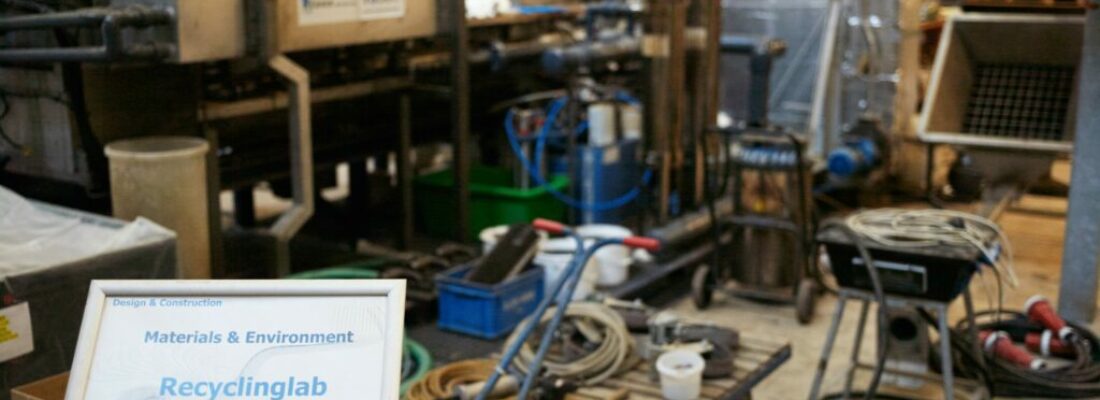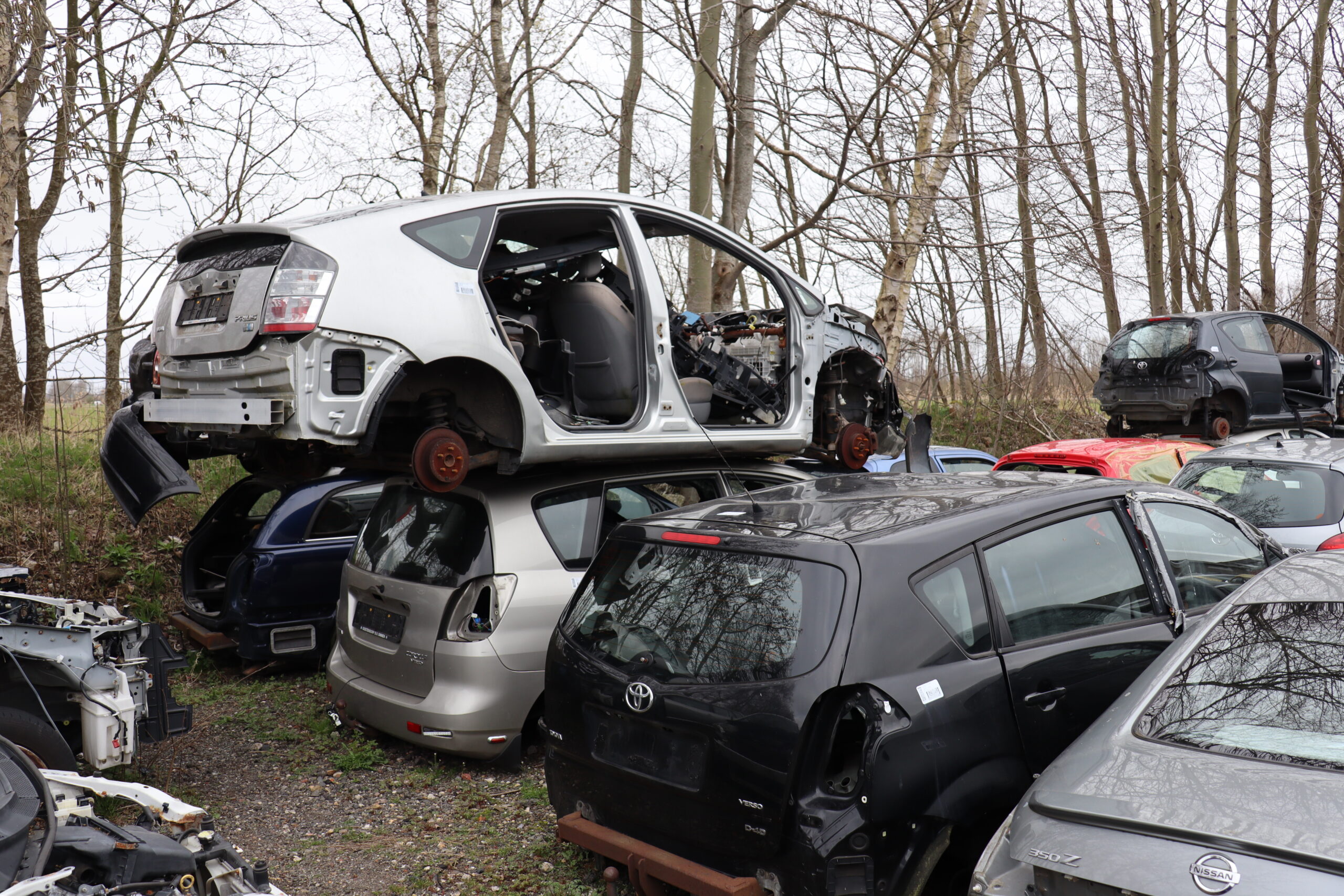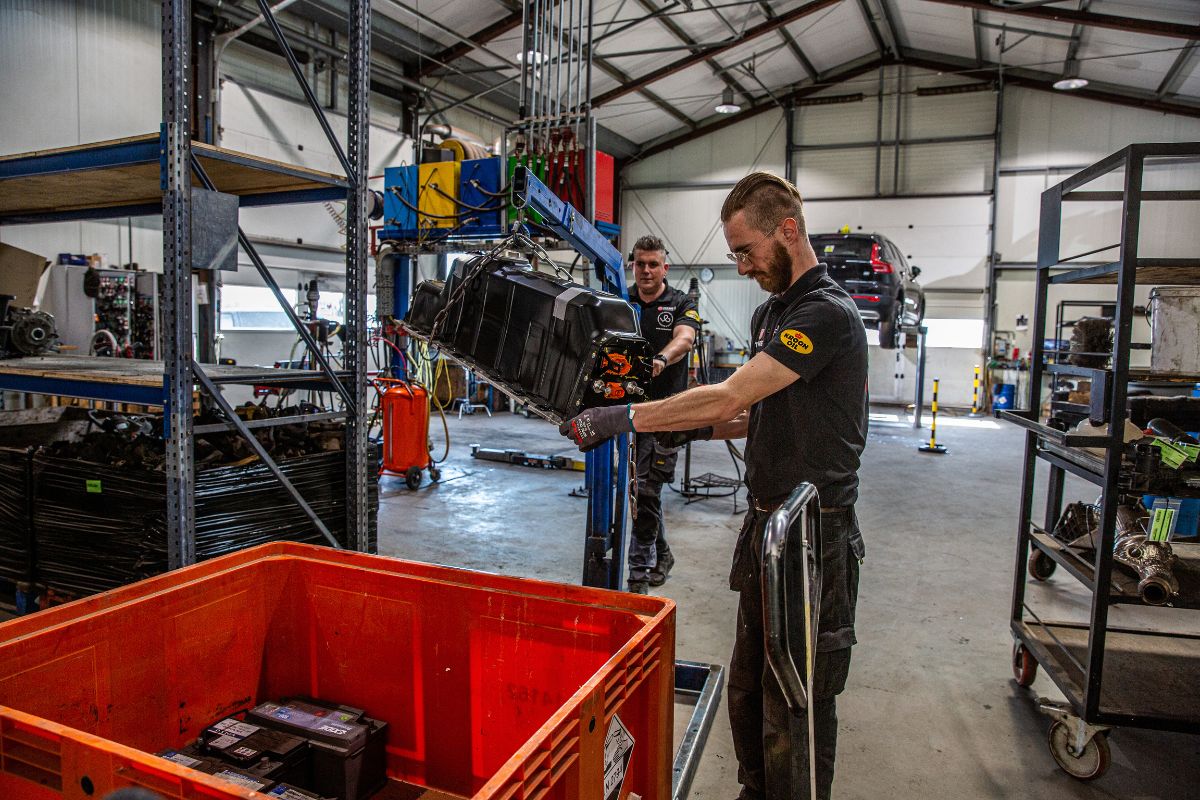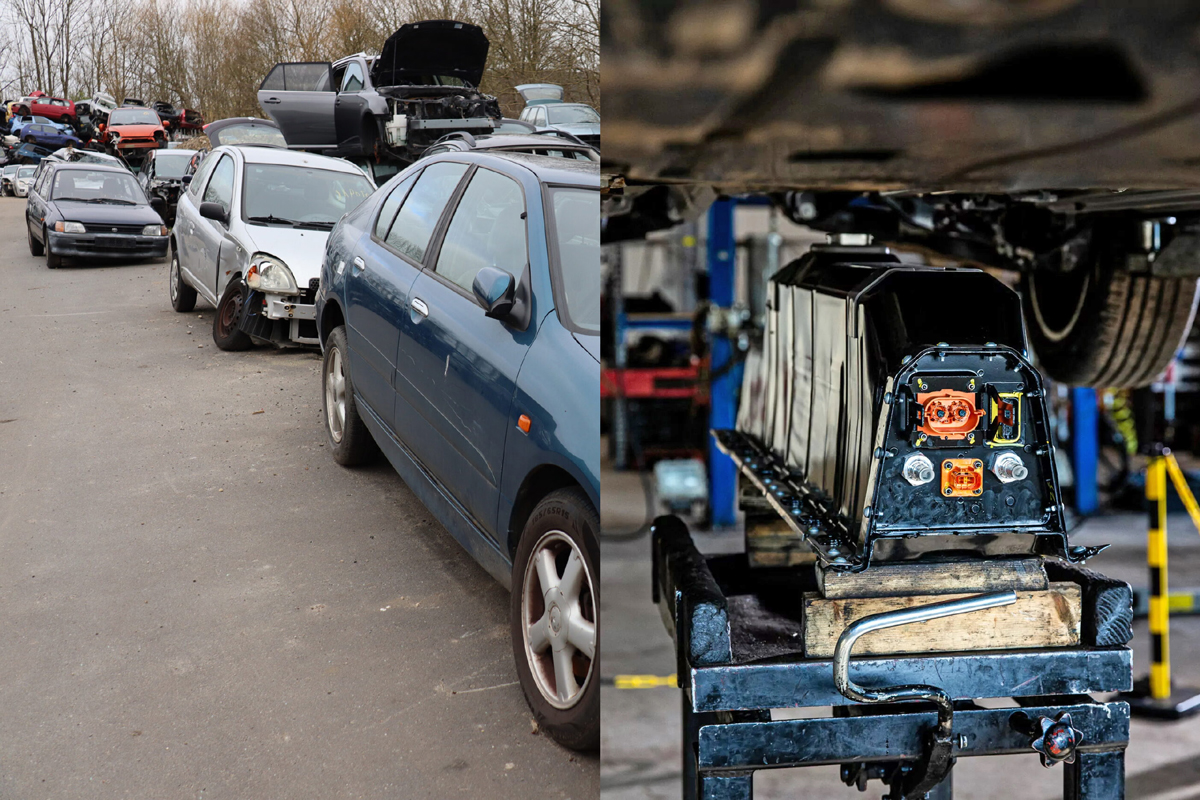Around the year 2030, half of the raw materials used in our region are to be obtained through recycling. As a Professor of Resources & Recycling at Delft University of Technology, Dr. Peter Rem works on innovations to help achieve this challenging goal. And with impressive results.
Tekst Peter Rem
About Peter Rem
Dr. P.C. Rem is a Professor of Resources & Recycling at Delft University of Technology. His doctoral topic was superconductors and he has also worked in the petrochemical industry. Peter owns more than a dozen patents in process technology and equipment, around half of which are already applied in the industry.
With the appointment of Peter Rem as Professor of Resources & Recycling, Delft University of Technology complied with the ambition announced by the Dutch government in early 2012. In doing so, the Netherlands is contributing to achieving the European goal to have all processed raw materials contain 50% recycled materials within 20 years. Peter Rem has no small challenge ahead of him: to research and develop new technology that makes recycling comprise a greater percentage within the European raw materials supply.
To what extent does your Resources & Recycling academic position contribute to the European goals in this area?
“When we started, we discussed internally how we wished to create innovations that would make it possible 20 years from now to obtain new raw materials from waste with a financial value of ten billion euros annually. It may sound very ambitious, but it really is feasible if you compare it to the total quantity required. In Europe, we currently recycle 60 billion euros’ worth of raw materials each year. In the coming years, this must be increased by an additional 120 billion euros in value to achieve the 50 percent goal. So we are going to have to approach recycling in a different way. We’re talking about an entirely new industry that is expected to create around 600,000 jobs. All of this will have to be achieved through innovations from the business community and European universities. That is why it is so positive that all these parties are joining forces. We still have quite a long road of innovations ahead of us.”
How realistic is the EU goal for half the value of raw materials to be obtained through recycling by the year 2030?
“Just as realistic as John F. Kennedy’s goal in the 60s for the United States to be the first country to put a man on the moon. This kind of goal is a prerequisite for achieving this. Personally, I’m convinced that it’s possible. Recycling has been around for a very long time, but we did not approach it systematically until the 1970s. We’re also making relatively fast progress. This is primarily due to the awareness that recycling requires its own technology and research.”
Instead of tonnage, you talk about the financial value of raw materials. Is this deliberate?
“Yes. From a political perspective, the decision was once made to express recycling performance in terms of mass. This was done at the time in connection with the discontinuation of landfills. It was a good point of departure for recycling, but the time has come to make the switch to expressing this in terms of value. We all agree that we want to extract as many raw materials from a product as possible in order to create new products. And, naturally, we want to be able to measure this. At Delft University of Technology, we propose measuring recycling based on an economic value in euros. This more accurately reflects the effect of recycling in terms of new jobs, fewer imports and energy savings. It also gives all parties involved insight into the results of recycling efforts in a financial sense.”
Many sectors already have a strong focus on recycling. Are there still sectors that could easily take new steps in this respect?
“The construction industry, for instance, could make major gains. We’ve developed an installation that enables the high-quality recycling of concrete. This is worthwhile because concrete chiefly consists of cement and is responsible for 10 percent of the total CO2 emissions worldwide. The trick is therefore to recycle end-of-life concrete into new concrete without those emissions. A new apartment building was built recently with a car park made of recycled concrete. So it’s financially feasible. That’s quite an accomplishment considering the fact that the recycling process should cost no more than 6 euros per tonne. This is only possible with large volumes, with a system that can recycle 150 to 200 tonnes per hour. Concrete recycling in Europe has the potential to yield 3 to 4 billion euros in new raw materials annually.”
ARN has striven hard to ensure a good chain of dismantling companies and shredders. Much progress has also been made in the subsequent separation of shredder waste in the PST factory. What’s your take on this approach?
“Car recycling is a good example of what is possible when the government imposes specific goals on a sector, thereby placing responsibility on that sector. ARN was quick to realise that you need a good chain and technology to recycle in both a meaningful and economically feasible manner. This approach has put the Netherlands at the forefront in Europe.”
Are you also working on solutions to ‘purify’ the flow of recycled materials?
“Absolutely. Until now, we have primarily focused on plastics. This is a meaningful research topic since, of the 85 billion euros spent on plastics each year in Europe, around two billion originate from recycling. So much is to be gained here. Purifying the flow of materials is also important for adding value. At present, processes often end with residues comprising a wide range of materials. It is possible to also recycle these, although the final few percentages are the most difficult and the most expensive. But the innovations this requires are under development. The hard part starts now.”




